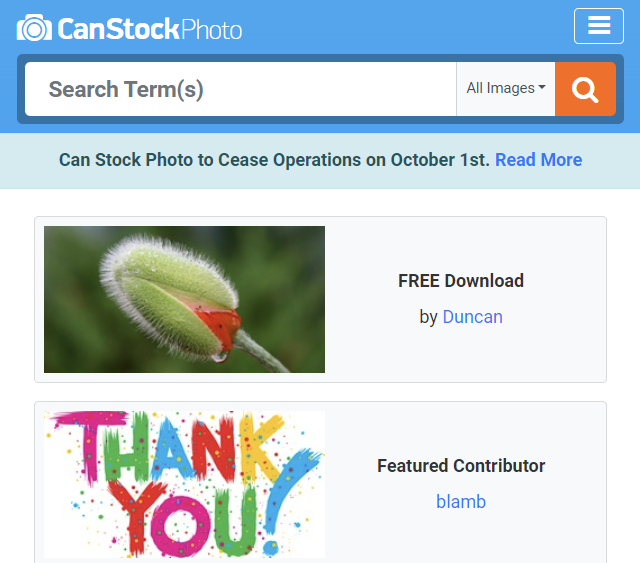
At oral argument, Dreamstime argued that CEO Enache’s October 2016 email to the adsupport team and the team’s response thereto imposed a duty upon Google to disclose details concerning the salient terms update. In other words, through threats and incessant demands, Dreamstime cajoled Google’s ad support team into trying to help Dreamstime with its search issues. By suggesting Professor Fischer to Dreamstime to help address its organic search issues, Dreamstime asserts that Google then gained a duty to disclose the launch report. Ad Rep Sipciu’s gesture, however, did not change the fact that Sipciu had no knowledge of the launch report, nor did it demonstrate that anybody at Google believed an algorithmic update caused Dreamstime’s search-ranking drop.
“Dreamstime’s fraud claims fail for one simple reason,” Judge Alsup wrote on July 3rd. “Nobody at Google, either on the advertising or the organic side, ever believed that Dreamstime’s ranking dropped as a result of the update to Google’s salient terms algorithm.”
If you want to know more details of what Dreamstime and Google have been fighting about, links are at the bottom of this post to previous posts on the subject. For an interesting synopsis of the entire 2 and half year saga I recommend reading this article. Unhappy Google Advertiser’s Lawsuit Completely Falls Apart–Dreamstime v. Google An excerpt from the article is below.
“This case started out as an antitrust case, but that argument fell apart. Dreamstime also claimed that Google intentionally downranked it, but it backed off that too (“both sides now agree that Google did not deliberately demote Dreamstime’s search ranking”). After successive rulings whittled the case down, all that was left was a breach of the implied covenant of good faith and fair dealing plus associated 17200 claims on the theory that “Google fraudulently concealed the reasons for Dreamstime’s search ranking drop in order to boost its advertising revenue.” Unsurprisingly, discovery did not produce anything damning.”
More posts on this case:

